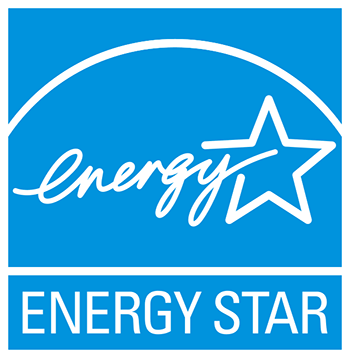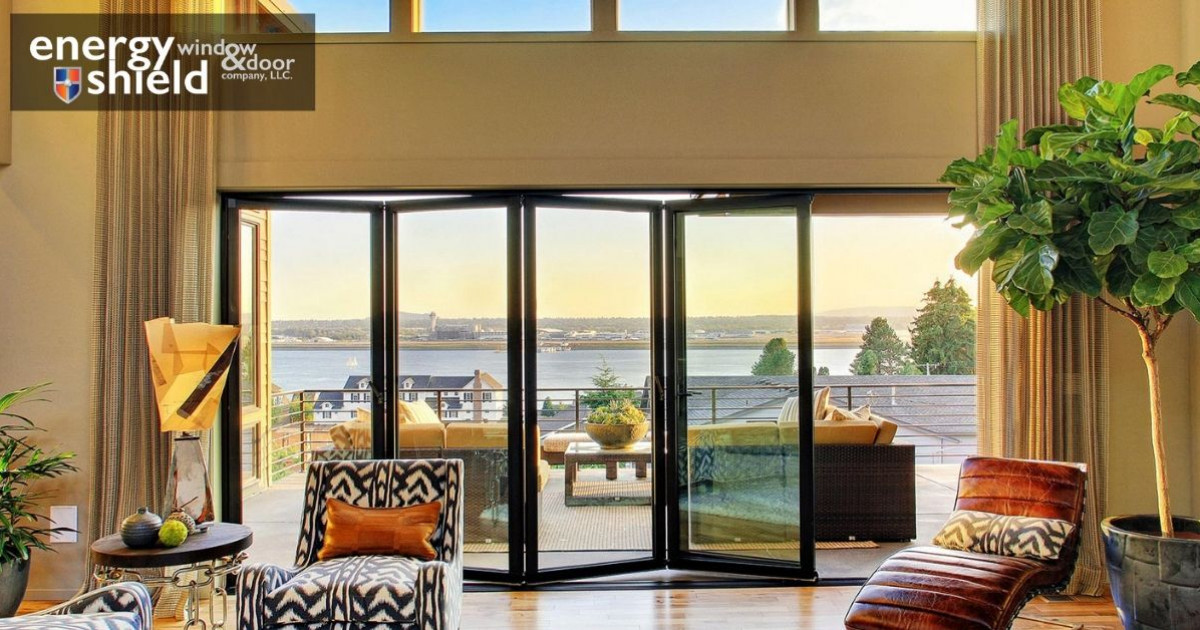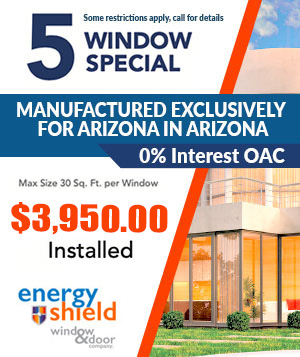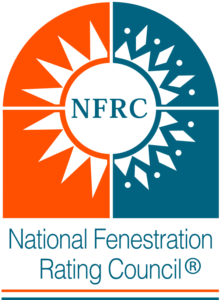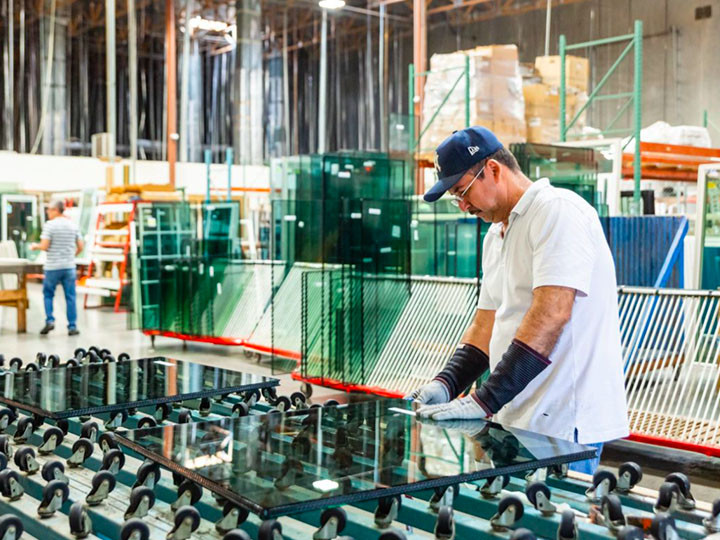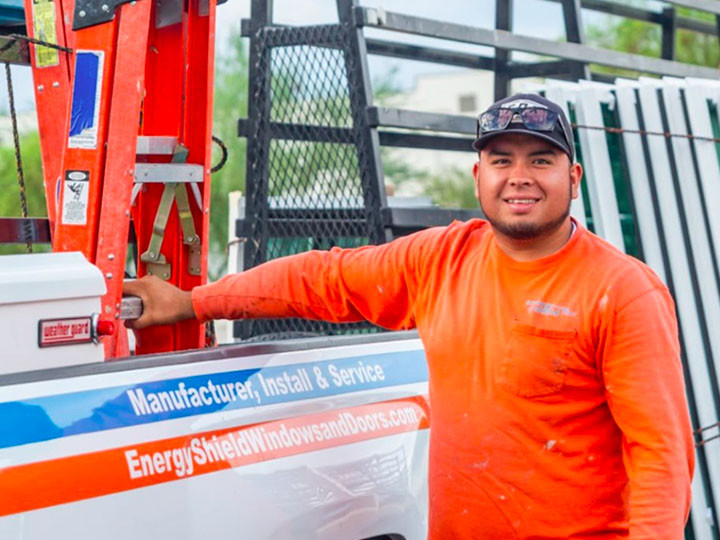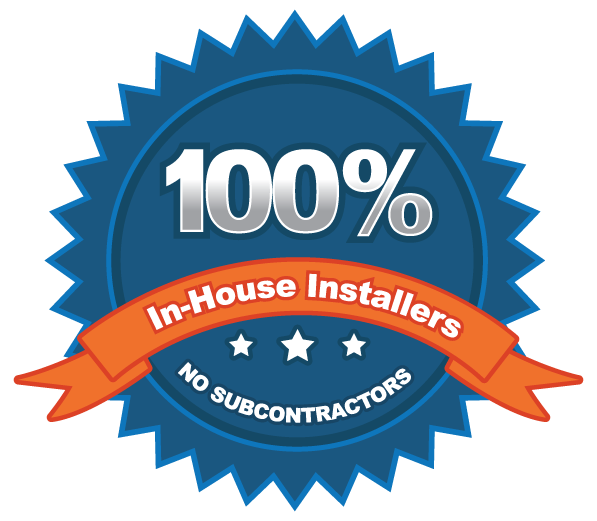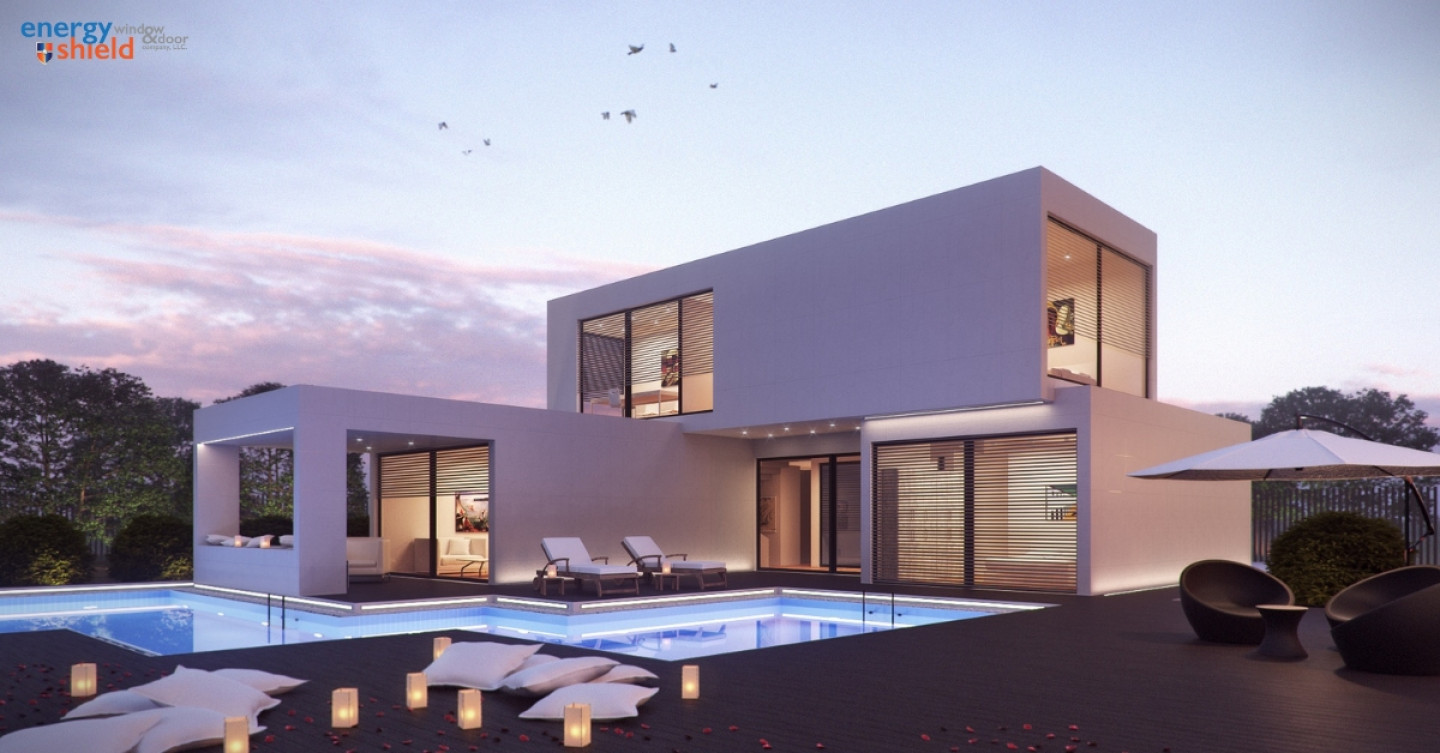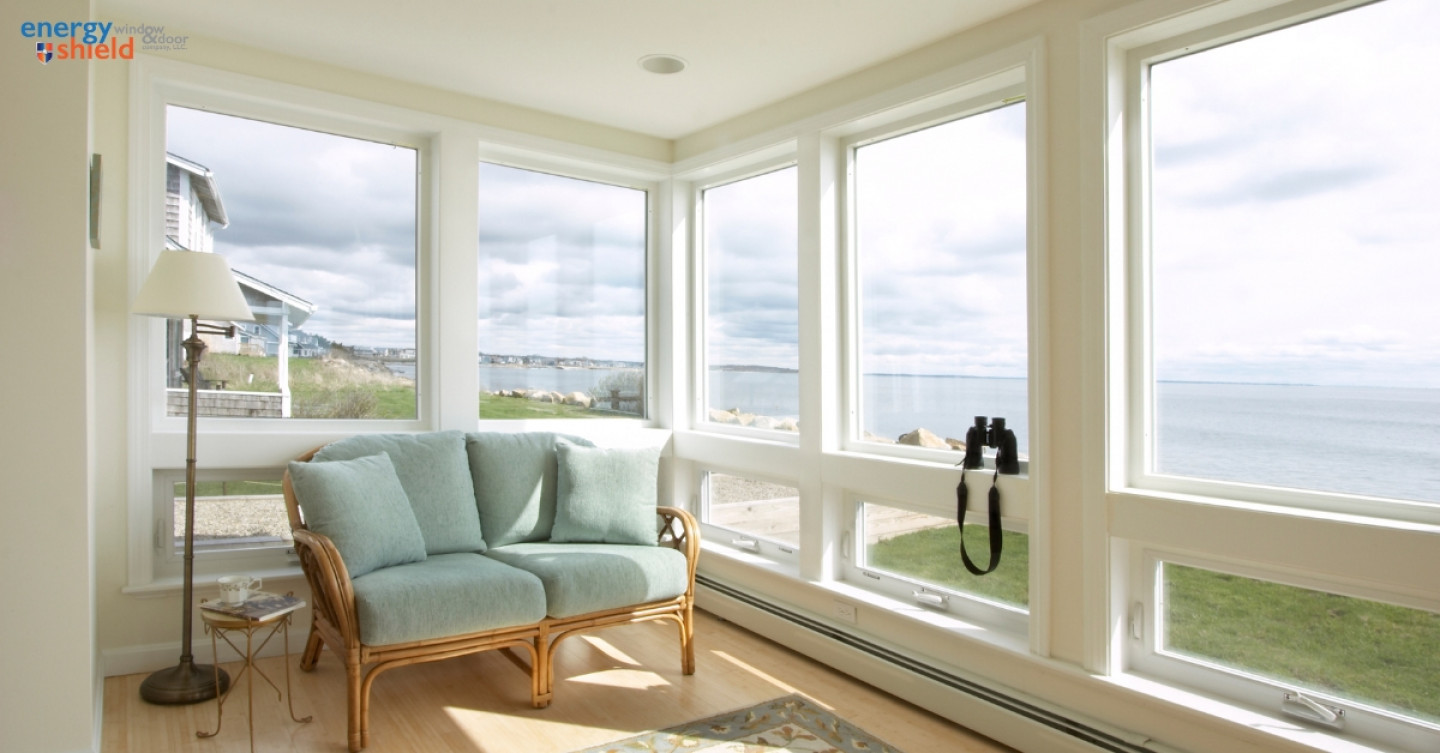According to Energy Save, your windows are account for 25 to 30% of the cooling or heating needs in your home. The Department of Energy goes on to state that you could save $125 to $465 every year by replacing your windows with Energy Star qualified windows. In this post, we discuss how energy-efficient windows help lower your energy costs.
Understanding Energy-Efficient Windows
Energy efficient windows are intended to minimize the conduction of heat gets into your home during the summer and the amount of heat that gets out during the winter. Consequently, your cooling and heating costs are reduced. The heat is conducted through surfaces such as the windows’ glass, frame, and glazing. Some windows perform better than others due to the materials used as well as how they are built.
How Energy-Efficient Windows Work
Older windows are normally made of single pane glass, unlike energy-efficient windows which have several panes that properly insulate your home. Each pane is separated by an inert gas such as argon or krypton. As the inert gas is denser than air, it dramatically minimizes the amount of heated air that gets into your home. The frames in older windows are made from aluminum, which is a good conductor of heat. On the other hand, energy-efficient windows have fiberglass, wooden, or vinyl frames that deter heat from getting into your home. These features of an energy-efficient window help regulate your home’s temperatures so that your HVAC does not have to work extra hard to keep the temperatures comfortable. This results in lower energy bills.
Other Energy Saving Considerations
Most energy-efficient windows also have the National Fenestration Rating Council label which provides you with information about other energy factors such as:
- Solar Heat Gain Coefficient (SHGC) – this measures how much heat from the sun passes through your window. Heat resistant windows have the lowest SHGC rating
- Condensation resistance – rarely will you find water condensing within glass panes in windows with a high condensation resistance rating
- Air leakage – the higher the air leakage rating on your windows, the higher the chances of draft
- U-factor – this refers to the heat loss rating. Windows with a high U-factor are ideal for warm climatic conditions
- Visible light transmittance – the higher the visible light transmittance rating, the lower the amount of visible light that gets through your window
Apart from the cost-saving benefits of energy-efficient windows, they also increase your home’s value and soundproof your home. While they might be pricier than conventional windows, these benefits justify the cost.
To reap the full benefits of replacing your windows with energy-efficient ones, you need to make sure they are correctly installed. We advise you to contact a professional window installer as opposed to hiring a company that outsources installations. At Energy Shield Windows and Doors, we will help you choose the appropriate window replacement option and install them ourselves. Our windows are Energy Star, and NFCR certified. Contact us today at (623) 936-3758.



